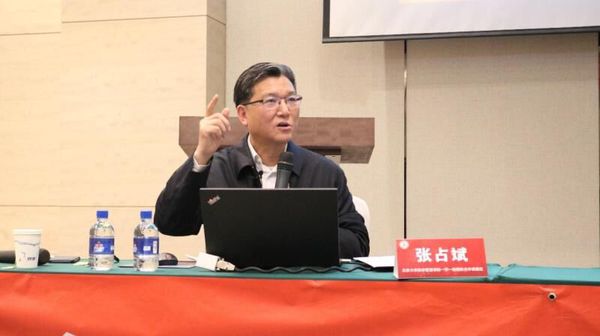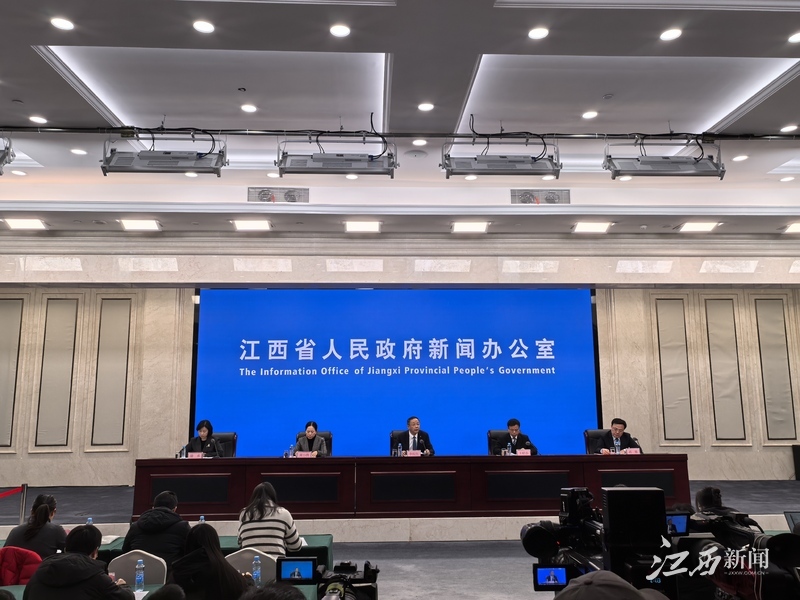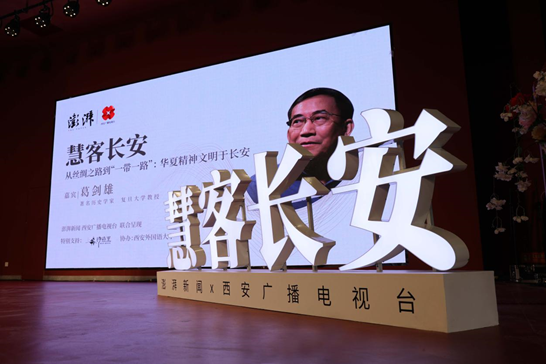China-Europe Fund Blue Xiaokang In-depth Analysis Of Value Investment And Talks About Market Opportunities And Strategies
China-Europe Fund Blue Xiaokang In-depth Analysis Of Value Investment And Talks About Market Opportunities And Strategies
Recently, Lan Xiaokang, head of the China-Europe Fund Value Strategy Group and fund manager, shared his insights on topics such as value investment concepts, stock selection standards, industry views and Hong Kong stock investment strategies. Lan Xiaokang’s investment system integrates the dual perspectives of top-down and bottom-up.
Recently, Lan Xiaokang, head of the China-Europe Fund Value Strategy Group and fund manager, shared his insights on topics such as value investment concepts, stock selection standards, industry views and Hong Kong stock investment strategies.
Lan Xiaokang’s investment system integrates the dual perspectives of top-down and bottom-up. He first started from the macro level and conducted in-depth analysis of the country and industrial structure, divided the investment fields into general directions such as cycles, high-end manufacturing, TMT, consumer medicine and finance, and adjusted asset allocation based on the 3-5-year industrial cycle. For example, from 2017 to 2019, he focused on core assets in the real estate inflation cycle such as liquor and white goods, and then turned to nonferrous metals, coal and "Belt and Road"-related assets, demonstrating his keen market insight and flexible asset allocation capabilities.
In terms of stock selection standards, Lan Xiaokang emphasized the comprehensive comparison of returns and risks, and pursued the selection of individual stocks with 5-10 points of excess growth and healthy operating quality based on the upward trend of the macro total. He tends to buy in a relatively low valuation range in history, pursues the expected returns of a single stock to be set at 20-25%, and reduces risks through a multi-strategy combination, effectively avoiding risks in real estate, photovoltaics and other industries.
Lan Xiaokang's investment philosophy is deeply influenced by philosophical thinking. He believes that in the business ecology, the core of research is human nature, and goods and services need to meet human biological, social or spiritual needs. This concept is permeated through his investment decisions, allowing him to more accurately grasp the essence of the business model and market trends.
In the macro dimension, Lan Xiaokang pays attention to the economic development model and the distribution of production relations, and believes that although the debt model is difficult to reversible, it is conducive to driving the progress of science and technology and productivity. He stressed that at every historical stage, allocation adjustments between departments and industries are crucial to investment choices. At the meso-level, he focuses on the industrial ecology and cycles, and prefers to find opportunities that are better than the market performance during the maturity or recession period of the industry. At the micro level, he attaches importance to team and business models, believing that excellent teams and clear business models are the cornerstones of the company's long-term development.
Regarding Hong Kong stock investment, Lan Xiaokang pointed out that the Hong Kong stock market has low tolerance for investments due to mistakes, but the investment efficiency is extremely high when it comes to the right one. Through practice, he gradually explored the thinking of Hong Kong stocks, emphasizing a systematic understanding of fundamentals and global capital flows, so as to find cheap and correct assets in the Hong Kong stock market. Since 2023, he has systematically increased the allocation of Hong Kong stocks and achieved good results.
Looking ahead to the future market, Lan Xiaokang is optimistic about resource assets such as precious metals, nonferrous metals, and oil, as well as construction machinery, heavy trucks and construction assets related to the "Belt and Road". He believes that the large financial sectors related to high dividends will also benefit from the global recognition of China Credit. In addition, he also paid attention to the opportunities brought by supply-side reform, such as the allocation value of industries such as cement and steel when valuations are very low. Regarding consumer assets, he expects mass consumption to be better than the previous round of luxury consumption, and mass consumption in services such as travel, catering, tourism, and sportswear may reverse.





